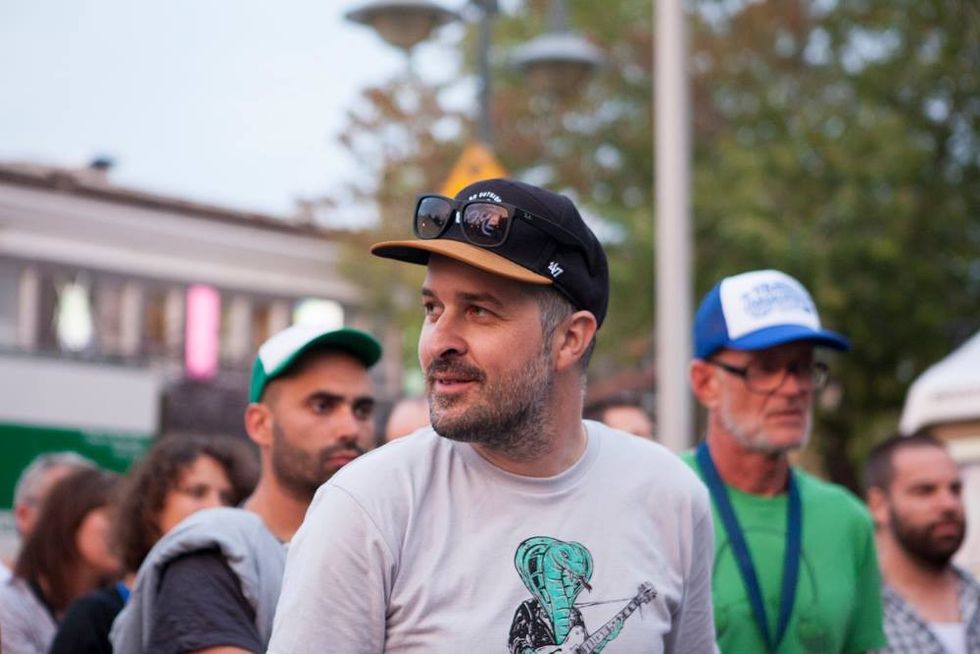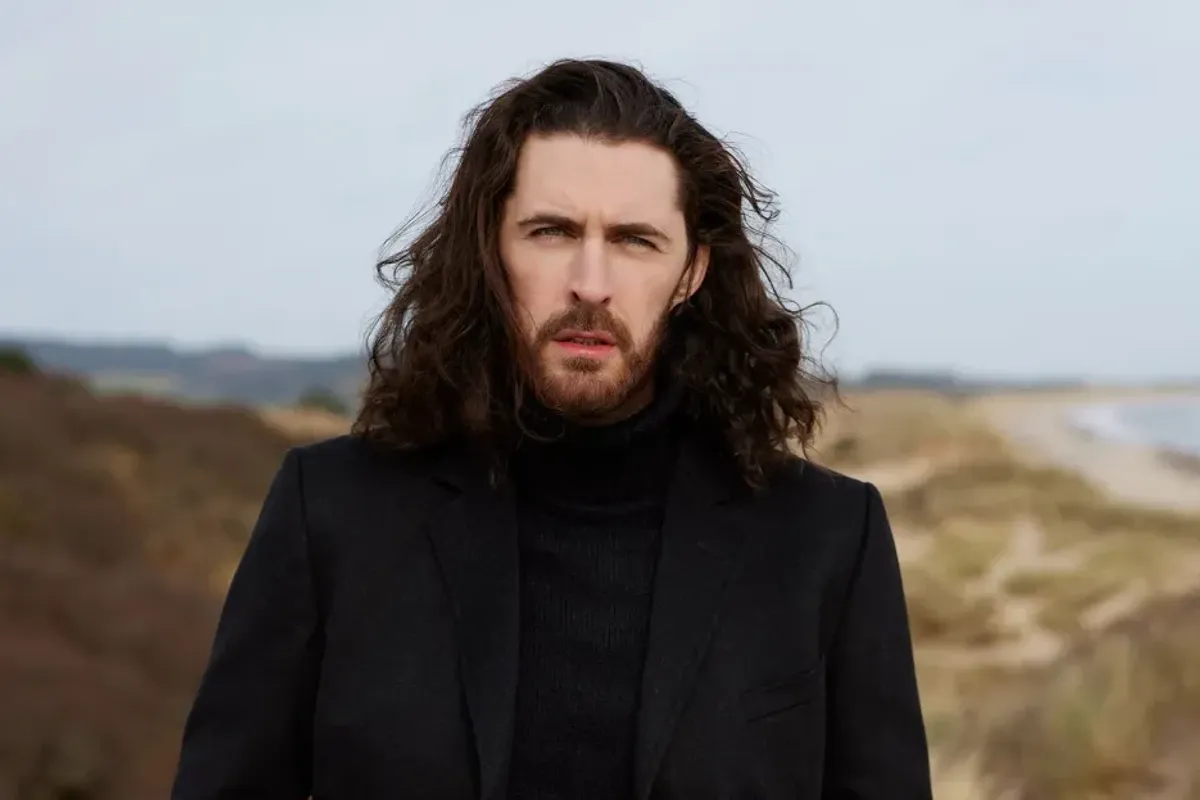A Conversation With .. Sandy Boutin of FME Festival
Set to begin next week in Rouyn-Noranda, Quebec, the festival is known for a well-curated lineup of Canadian and international artists. Its head describes the reasons for its success in this interview.

By Bill King
This summer it's our festivals that links our country together. We have high-priced megastars and free community events bookending a variety of principled get-togethers. I’ve written about the monied situations, big and small, but just up the road is the – experience! Thus FME!
In addition to promoting the dissemination of original and emerging music, FME’s mission is to contribute to the outreach of Canadian groups at the national and international levels.
“Language is culture and central to our songs, stories, and ceremonies. The recognition, promotion, and recovery of First Nations languages - the original languages of these lands. There are no Indigenous languages that are considered to be safe.” -- Assembly of First Nations.
These voices need to be heard and embraced in all configurations; from vowel to verse. This is my conversation with Sandy Boutin, president and director of programming at FME.
Sixteen years in, how do you keep people engaged with FME?
First off, it’s a human-size festival; you can feel the warm and friendly energy of the crowd and the volunteers throughout the entire city. It’s also innovative by always introducing new ideas, whether it's by the programming or the way we present it. The FME is still one step ahead; we'd rather be the festival that inspires others, and not the other way around.
Have your priorities changed over the years?
Throughout the years, our priorities and objectives have always been the same; encouraging new music and artists, contribute to regional economic development, and promote exchanges among artists and music industry professionals, nationally and internationally. These goals don’t change much because they are still (and will always be) relevant.
How much community involvement?
From the very beginning, the community has appropriated the FME - it is theirs, they are crucial and the very essence of it. Whether they are volunteers or part of the crowd, they take a lot of pride in the festival because it is just like them: original, welcoming and convivial.
Sources of funding?
Like many festivals throughout Quebec and Canada, we have three primary sources of funding, divided almost equally: grants, revenues from ticket and alcohol sales, and sponsors.
What are the greatest challenges?
That must be how far we are from urban cities. It costs a lot to bring artists to the festival, and we even have to bring a lot of equipment (for sound and lighting, for instance) from urban centres -- it’s a lot of long-distance transportation.
How does the music community respond?
The entire music community has always responded positively to the FME. We do a bunch of album launches every year and welcome a couple of hundred of music industry pros from Quebec and the rest of the world. Artists want to perform at the FME, and delegates want to be there. The FME is an event that they don’t want to miss.
How large is the core staff?
We have three permanent employees, four seasonal, and 300 volunteers that keep the festival alive.
Do you get unwavering support from media?
Yes, it’s quite exceptional. Almost every media music outlet in Quebec talks about us, and we also count on a bunch in the rest of Canada, and about fifteen international media outlets.
How is the festival laid out – street and main stage shows?
It kinda looks like mini versions of SXSW or Iceland Airwaves, as in there’s one main stage outside, but the majority of shows are indoors, in small venues spread across town.
What will a pass get you?
It gives access to over 70 performing artists, mostly from Quebec and Canada, but also from the US and France.
Are there many competing events nearby that can impact?
There are more and more every year, which pushes us to continue to innovate and not “rest on our laurels”. We have been one step ahead, and we are continually working to keep it that way.
How diverse is the programming?
It’s quite varied although, in the beginning, we were mostly centred on folk and rock music. What we realized, though, is that in this town of less than 40 000 people, there was a need for more diverse programming, so we quickly included metal, electro, hip-hop and even children’s music in our programming. Nonetheless, our core remains rock and folk music.
How are surrounding accommodations?
Well, there are hotels and Airbnbs -- the regular stuff. But since 40% of our audience travels over 500 km to attend the festival and that hotels get booked super quickly, we had to set up alternative arrangements, such as camping (which proved to be super popular).
FME 2018 runs from Aug. 30 to Sept. 2 in Rouyn-Noranda, Quebec. Check the artist lineup here

















